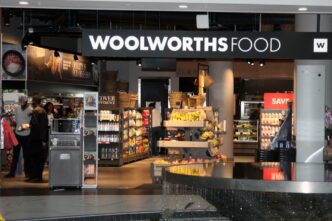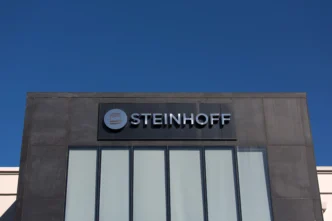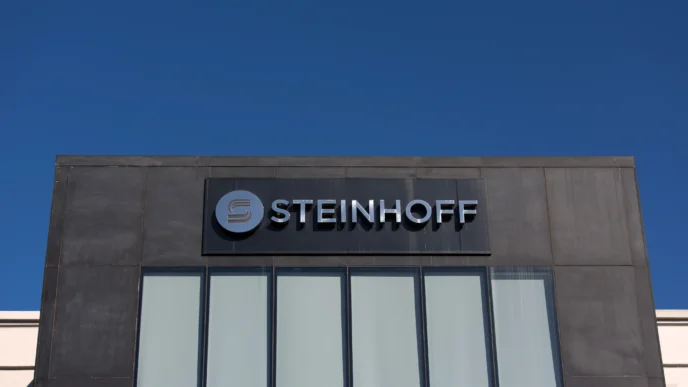The South African government has emerged as a significant shareholder in retail giant Woolworths, securing a 20% stake through the Public Investment Corporation (PIC), which manages the Government Employees Pension Fund (GEPF) . This development underscores the state’s growing influence in key sectors of the economy, aligning with broader efforts to bolster domestic ownership and stabilize strategic industries.
The PIC’s stake, valued at approximately R137.8 million as of 2014, has historically positioned public servants as major beneficiaries of Woolworths’ operations . Recent regulatory filings and corporate governance updates suggest the government’s expanded role aims to align the retailer’s objectives with national economic priorities, including job creation and supply chain localization .
Woolworths, a cornerstone of South Africa’s retail sector, has faced mounting pressure amid economic volatility and shifting consumer habits. The government’s increased shareholding coincides with ongoing restructuring efforts, including participation in regulatory inquiries and sustainability initiatives . Analysts speculate the move could pave the way for policy collaboration, particularly in areas like food security and labor practices .
While the government’s stake reflects long-term strategic alignment, questions remain about its impact on corporate autonomy and minority shareholders. Critics argue state involvement may complicate decision-making, though supporters highlight potential benefits for aligning retail growth with public interest .
As Woolworths navigates a challenging retail landscape, the government’s 20% ownership positions it as a pivotal player in shaping the sector’s future.













